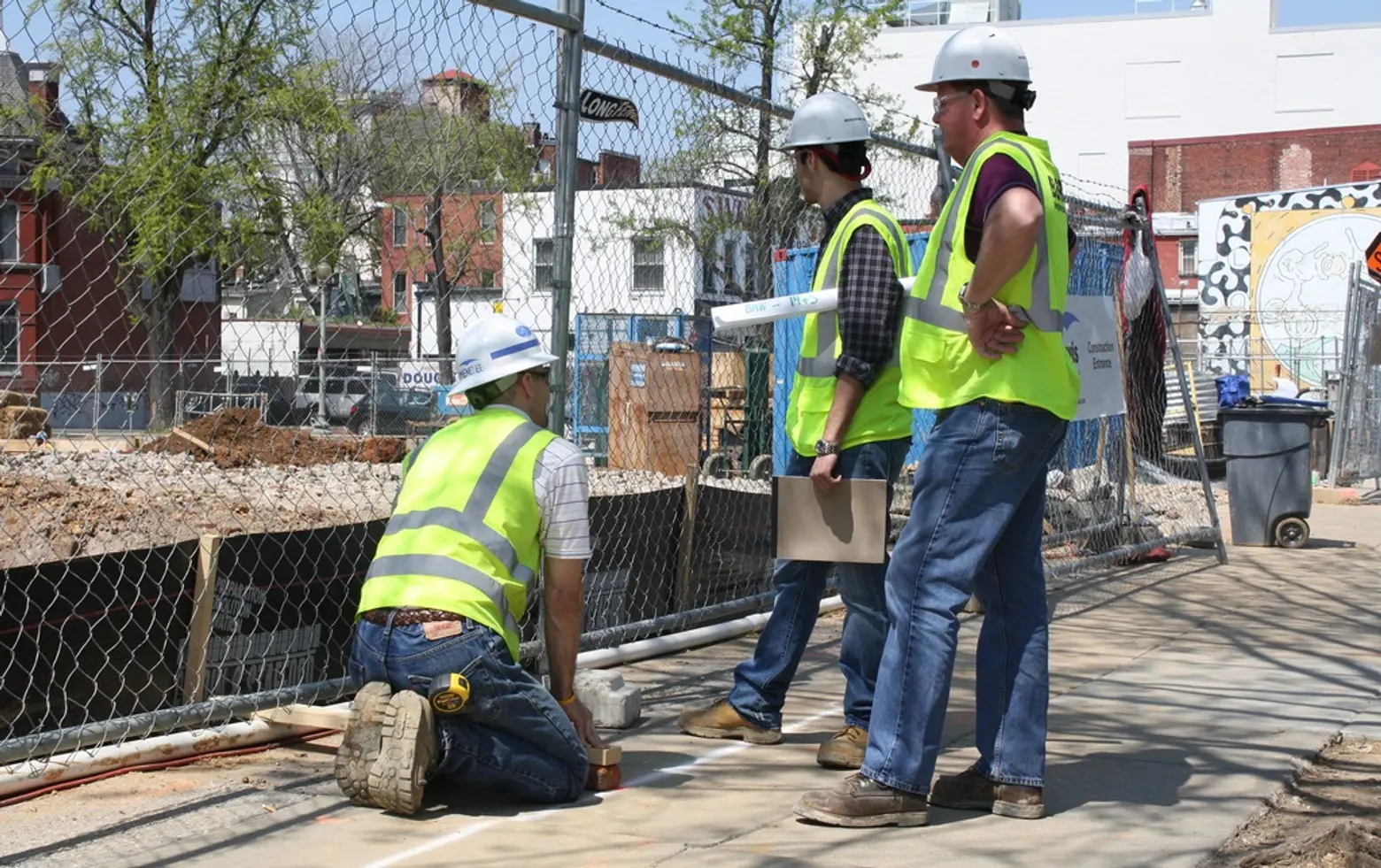Developers Rushed to Get Nearly 8,000 Permits Ahead of 421-a Tax Break Expiration

Image via Jason Farrar
With the fate of the city’s 421-a tax abatement remaining uncertain, developers scurried to obtain permits before the year’s end, resulting in a number of permits granted in December that was more than four times the number issued the previous month, reports the Wall Street Journal. According to new U.S. Census figures, permits for 299 projects containing 7,781 residential housing units were granted during the month of December, indicating that as New York City’s most lucrative property-tax abatement approached its last hours, architects and developers rushed to get building permits and begin construction.
6sqft reported in September that, after soaring to historic levels, the number of building permit applications fell by 90 percent. The law has since been extended with a revised version underway. Under the new program, all 421-a developments would require 25 to 30 percent of units to be affordable housing.
The 421-a exemption program was first set to expire in mid-June, causing the two biggest surges in permit applications in at least seven years. After it was extended through January 15, the December total turned out to be the third highest monthly total in that time. Borough by borough, Brooklyn had the highest number of building permits by almost three times with 4,599, followed by Queens and the Bronx. Mannhattan recorded 310. According to the Journal, “Census Bureau figures show 56,248 permits issued in New York City in 2015, the most since 1962.”
The 421-a program provides exemptions for developers to encourage the creation of affordable housing, though it has been scaled back repeatedly to curtail big benefits for developers who use the opportunity to build luxury housing. The modifications to the program mentioned above, slated to take effect in 2016, await the outcome of still-ongoing negotiations between the Real Estate Board of New York and the Building and Construction Trades Council of Greater New York.
[via WSJ]
RELATED:





























